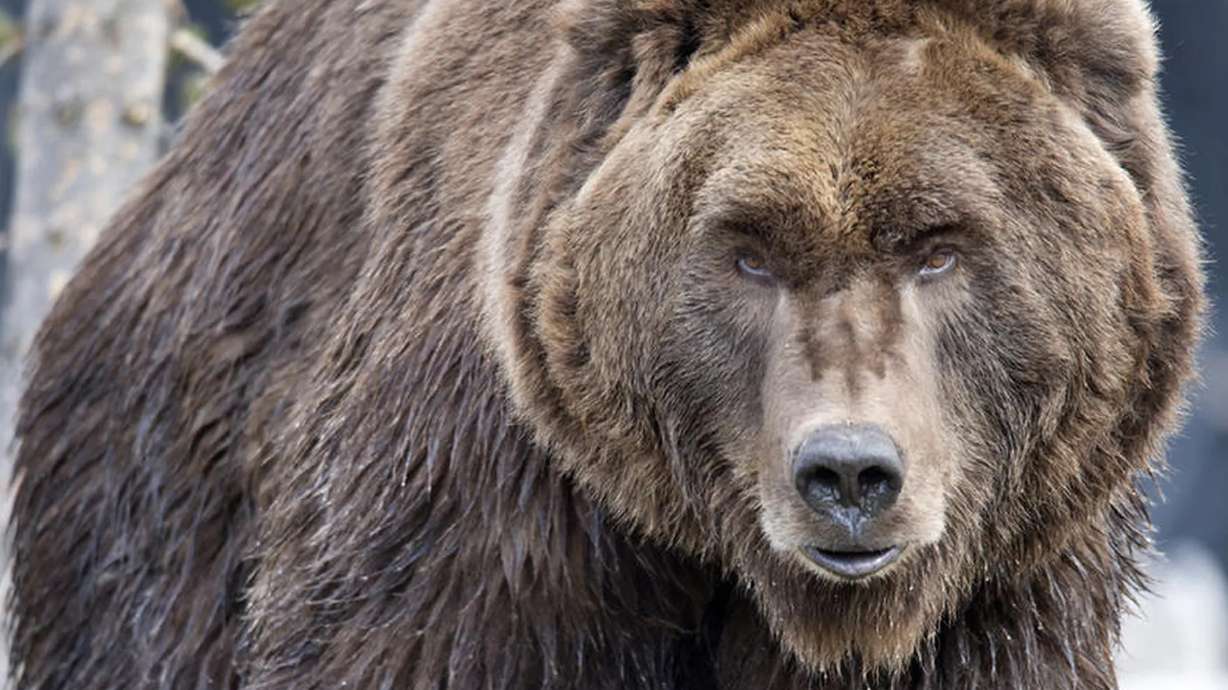Estimated read time: 3-4 minutes
This archived news story is available only for your personal, non-commercial use. Information in the story may be outdated or superseded by additional information. Reading or replaying the story in its archived form does not constitute a republication of the story.
WASHINGTON — The enormous and statuesque grizzly bear is again in the spotlight in Montana, where officials there want the Biden administration to lift protections.
The request to the U.S. Fish and Wildlife Service comes as the bear's population has increased, and with it more deadly interactions with livestock and human attacks.
As CBS News reported, northwest Montana has the greatest number of grizzly bears in the lower 48 states, with more than 1,000 bears across Glacier National Park and nearby expanses of forested wilderness, an area known as the Northern Continental Divide Ecosystem.
Montana's governor said the state needs more flexibility in dealing with the animal, something that is largely stripped of states when an animal falls under the protective glove of the federal government.
Removing those protections, a decision that may or may not be made later in the month, would open the door for ramped up hunting. That has advocates worried.
"We don't believe that there should be hunting of these iconic, native carnivores," said environmentalist John Horning with the group WildEarth Guardians. "I have no doubt the state would push it to the absolute limit so they could kill as many grizzlies as possible," he told CBS News.
Utah does not have any grizzly bears, but it has its own issues attempting to manage species such as the Utah prairie dog, a less than 3-pound animal that inflicts its own sort of havoc at airports, golf courses and in subdivisions,
Utah and other states in the West have also been hamstrung in their ability to have any say over the management of wild horses and their impact on rangeland and wildlife.
The controversy over the grizzly bear is not isolated to Montana, but is a West-wide issue that also has implications for Wyoming.
In 2018, federal court officials heard oral arguments in a case involving ranchers and environmental groups in an effort to remove protections for the Yellowstone-area grizzly bear.
Sean Paige, spokesman for the Mountain States Legal Foundation that represented Thoman, said grizzly bears have become an increasing concern as their population numbers grow in areas that are becoming more urbanized in Western states.
He called them "roadside bears" who show no fear of humans and frequently hang out in town.
One such bear in Jackson, Wyoming, is known as No. 399 and has developed a social media following.
USA Today reported the frequent strolls with No. 399 and her family. Tension escalates as wildlife officials try to minimize potential human interactions with the bear and relocate it.
"This summer was a really brutal one for bear and human interactions," he said, citing several attacks.
But as wildlife officials struggle in their management of the bear, and social media groups and advocates fight back, it has been an uphill battle for states.
"The rules of engagement are all in the bear's favor," he said.










